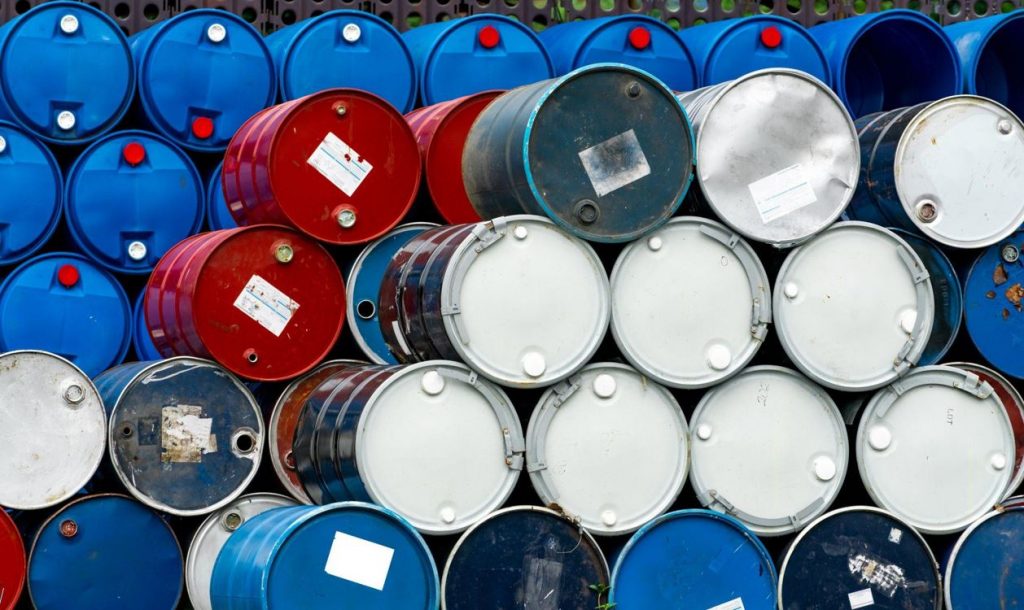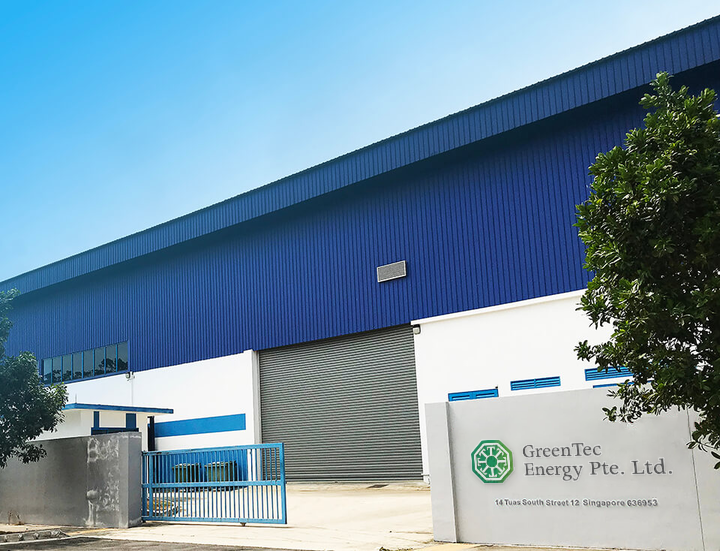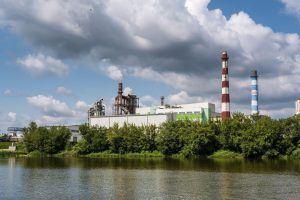Types of Alkali Waste
September 19, 2022

Types of Alkali Waste
Much like every other country in the world, Singapore has a regulated system for waste disposal, especially when it comes to toxic materials produced as an industrial output. Due to the small land size and limited resources, efficient methods and categorisation is crucial in effectively managing the appropriate treatments. There are many categories considered as toxic waste, and alkali waste is one of them.
Generated denoted by their pH level of seven or above, alkali waste are potentially corrosive in nature to a number of materials (including human tissue), and if not handled properly can lead to disastrous pollution and damage. Alkali can react strongly if accidentally mixed with acids, and if leaked into the environment, can produce significant heat when mixed with water.
This is why the “Management of Toxic Industrial Wastes in Singapore” guide by National Environmental Agency (NEW) has strict measures to contain such substances and states, “Toxic industrial wastes are wastes which by their nature and quality may be potentially detrimental to human health and/or the environment and which require special management, treatment and disposal”.
Some of the more common industries that produce alkali waste include: Steel production, alumina refining, petrochemical plants and coal-fired power generation.
In Singapore, the National Environment Agency (NEA) has advisories on the handling of alkali waste, and lists five types in their guiding documents: Spent alkaline solutions, spent ammoniacal solutions, metal hydroxide sludges and oxide sludges, antimony and its compounds, and spent antimony potassium tartrate.
Other types of chemicals and compounds frequently encountered and produced by industries and are considered alkali waste include: Waste ammonia, waste sodium hydroxide, waste potassium hydroxide, waste calcium hydroxide and waste amines.
As with its close cousin - acid wastes - proper disposal of alkali waste includes treatment via neutralisation and effective containment. Extreme care must be used when handling the disposal process so as to properly every stage adheres to local standards and regulations, and maintains the safety of personnel involved in the tasks.
With the right expertise, alkali waste can be disposed of with minimal environmental impact. One should always consult with local authorities on the measures needed to create the disposal system, or speak to waste treatment experts to discover sustainable methods or finetune their processes.
Manage your alkali waste safely and sustainably with GTE.
 GreenTec Energy Pte Ltd (GTE) is a waste management company located in Tuas, Singapore.
GreenTec Energy Pte Ltd (GTE) is a waste management company located in Tuas, Singapore.
Our service includes Industrial waste, Oily waste, Marine waste.
To provide a hassle free solution to our customer is always the key approach and to ensure a win-win situation towards. As a NEA approved environmental company in Singapore, we take all our services seriously and to ensure maximum safety with compliances applied. Every step of our disposal processes are also designed to meet NEA & SCDF requirements, with latest treatment facilities and laboratories to test and treat all incoming waste before disposal.
GTE operates a total land area of about 100,000sqft at 14 Tuas South Street 12 Singapore 636953. With our comprehensive logistics and transportation fleet, we provide prompt and efficient services in transportation of waste to our premises.



